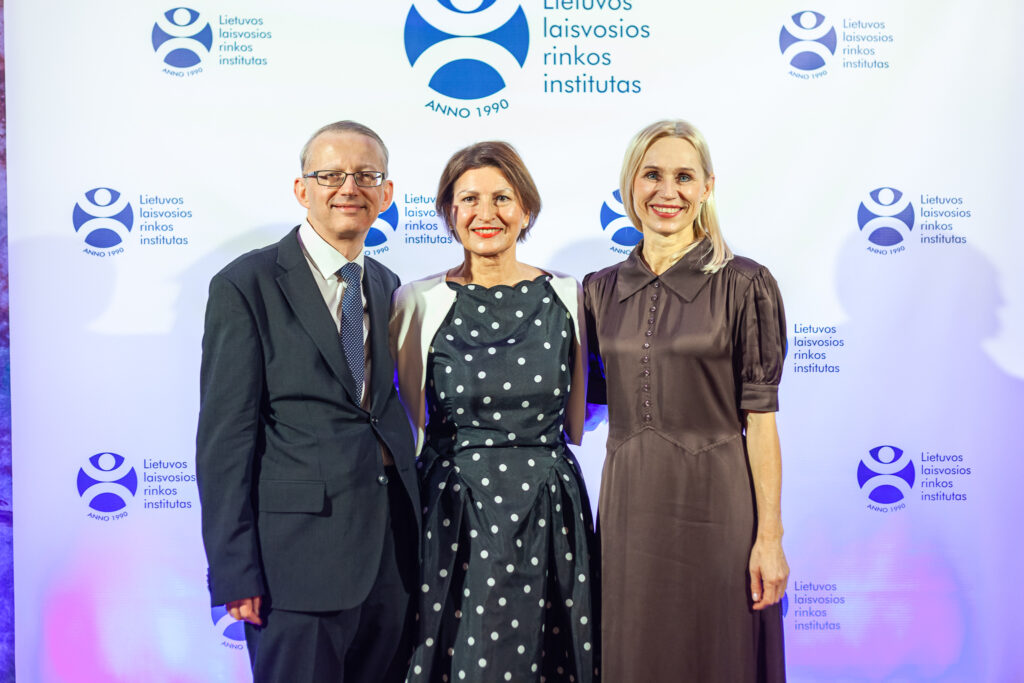
Europe’s Competitiveness Drama
Competitiveness is a strange beast—always measured against outsiders, yet forged internally. In her annual address, European Commission President Ursula von der Leyen reminded us of a hard truth, one that “after Draghi and Trump” can no longer be ignored: competitiveness is not a game; it is a matter of survival.












